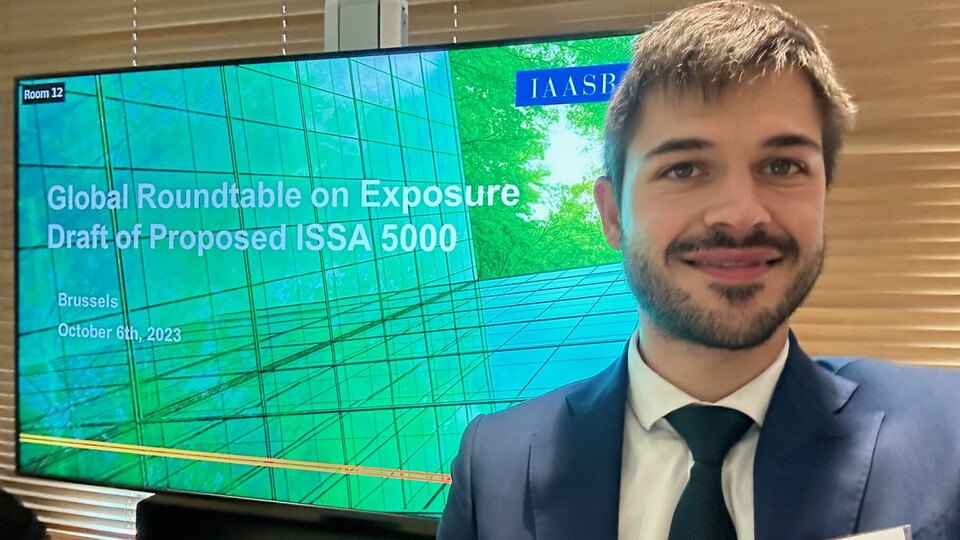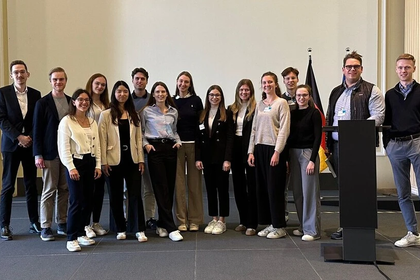Credibility in sustainability reporting

Auditing is established worldwide as a tool for strengthening the credibility of financial reporting. Crucial to its reliability is the application of established auditing standards. For publicly traded companies in large parts of the world (including Germany), the International Standards on Auditing (ISA) developed by the International Auditing and Assurance Standards Board (IAASB) are applied.
The situation is different for the increasingly important sustainability information. Here, demand for verification by auditors or sustainability experts is growing rapidly, but is still in an environment without uniform standards. This is now changing. The reason for this is, for example, the European Corporate Sustainability Reporting Directive (CSRD), which obliges companies to have an independent external audit of sustainability reports from 2024 (see e.g. here). The IAASB has responded by submitting a draft audit standard for sustainability information (ISSA 5000) with unprecedented speed.
For due process in the development of standards, the IAASB is consulting affected stakeholders in the current revision phase of the draft. As part of this process, four so-called roundtables were held worldwide as open discussion sessions on the draft. In addition to high-ranking representatives of the profession as well as regulators and users of sustainability information (e.g. the International Organization of Securities Commissions or the International Sustainability Standards Board), selected academics were also invited to participate in the discussion. For the sessions of the European Roundtable in Brussels on October 6, 2023, only Christian Friedrich and Holger Daske from the University of Mannheim filled this role and thus provided the academic community in Europe with numerous well-founded contributions.



